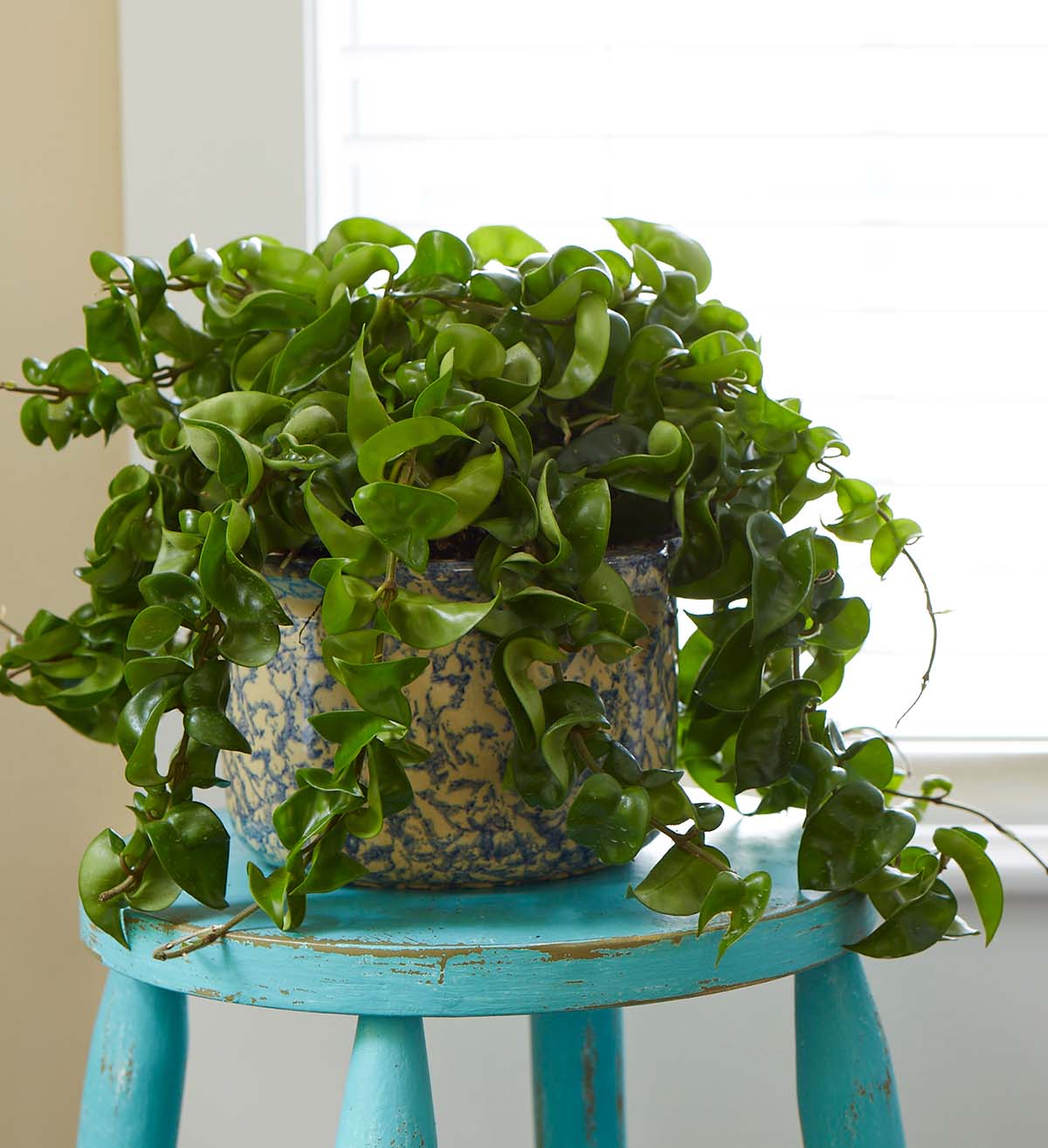Hoya plants, often referred to as wax plants, are a popular choice among plant enthusiasts due to their unique beauty, low maintenance, and fascinating characteristics. These vining plants, native to Southeast Asia and Australia, are known for their thick, waxy leaves and clusters of star-shaped flowers that emit a sweet fragrance.
The Price of Beauty
The price of Hoya plants can vary depending on several factors, including the species, size, and rarity. Common Hoya varieties, such as Hoya carnosa, are relatively affordable and can be purchased at most plant nurseries or online retailers. However, rarer species or cultivars, like Hoya lacunosa or Hoya pubicalyx, may command higher prices due to their unique appearance and limited availability.
The Benefits Beyond Beauty
Beyond their aesthetic appeal, Hoya plants offer several benefits:
Air Purification: Like many houseplants, Hoyas help purify the air by absorbing toxins such as formaldehyde and benzene.
The Beauty of Hoya Plants
Hoya plants come in a wide variety of shapes, sizes, and colors, making them a versatile addition to any home or office. Some of the most popular Hoya species include:

Hoya carnosa: This is a classic Hoya with thick, waxy leaves and clusters of white or pink flowers.
Caring for Your Hoya Plant
To keep your Hoya plant healthy and thriving, follow these simple care tips:
Light
Hoya plants prefer bright, indirect light. Avoid exposing them to direct sunlight, as this can scorch their leaves.
Watering
Hoya plants are succulent, which means they can store water in their leaves. Overwatering is a common mistake that can lead to root rot. Allow the soil to dry out completely between waterings.
Temperature
Hoya plants thrive in average room temperatures between 65°F and 80°F (18°C and 27°C).
Humidity

While Hoyas can tolerate low humidity, they appreciate higher humidity levels. Misting the leaves occasionally or using a humidifier can help increase humidity.
Fertilizing
Hoya plants are not heavy feeders. Fertilize them once or twice a year during the growing season with a balanced liquid fertilizer diluted to half strength.
Planting and Repotting Your Hoya Plant
When planting or repotting your Hoya, use a well-draining potting mix, such as a cactus or succulent mix. Choose a pot that is slightly larger than the root ball. Be careful not to damage the delicate roots during repotting.
By following these simple care tips, you can enjoy the beauty and benefits of your Hoya plant for years to come.
:strip_icc()/BHG-Hoya-plant--DvQ805j_Kml8HgbX09tjA0-cc1e13b579e64d43af60ad499ade4e99.jpg)
